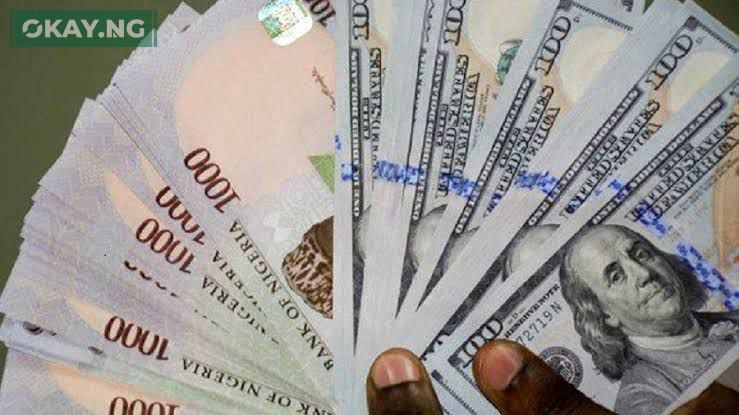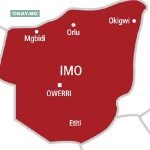The Nigerian naira faced renewed pressure at the official foreign exchange window last week, depreciating by 1.25 percent to close at 1536.89/$ on Friday, according to Central Bank of Nigeria (CBN) data. The currency’s decline occurred despite ongoing CBN interventions to bolster foreign exchange (FX) supply.
The naira’s weakness coincided with reports of stalled negotiations between the Nigerian National Petroleum Corporation Limited (NNPCL) and local refineries regarding the naira-for-crude agreement. The temporary halt of naira-denominated petroleum product sales by Dangote Petroleum Refinery, citing currency mismatches, further exacerbated market concerns. Industry experts warn that this could increase dollar demand, putting additional strain on the naira.
Despite CBN efforts to inject FX into the market through banks and Bureaux De Change, analysts caution that these measures provide only temporary relief. They argue that structural reforms are essential to address Nigeria’s persistent FX challenges. Cowry Assets Management Limited analysts predict a “mixed outlook” for the naira, anticipating heightened dollar demand from FX users and speculators exploiting arbitrage opportunities. However, they also expect the CBN to continue its weekly interventions to stabilize the currency.
In the parallel market, the naira experienced a slight appreciation, gaining N12 against the dollar to close at an average of 1,568/. Afrinvest researchers reported a similar closing rate of 1,565/, projecting continued stability due to CBN interventions. CBN foreign reserves saw a marginal decline of 0.06 percent, falling from $38.37 billion to $38.35 billion as of Thursday. Cowry Assets Management attributed this to the CBN’s ongoing efforts to defend the naira amidst limited FX inflows.
Analysts highlight subdued participation from foreign portfolio investors, citing concerns over fluctuating oil prices and their impact on Nigeria’s oil revenue. Nigeria’s dependence on oil makes it vulnerable to external economic shocks.












